The Forgotten Importance of Broadband Internet Upload Speeds
Hands up if your broadband ISP makes the upload (upstream) speed of your Internet package clear on their advertising? We thought not. Sadly only a few of the major ISPs even bother to advertise upload performance and those that do only tend to show it on certain products. But how fast you can push information into the online world does matter and its importance is growing.
After a quick look at how broadband is advertised by most of the mainstream providers, which tend to focus almost exclusively on the download (downstream) performance of their connections, you’d easily be forgiven for thinking that Internet traffic only goes in one direction.
In fairness, how many people pay attention to the speed at which a car can reverse? The focus is inevitable always on forward motion in Miles Per Hour (MPH) because that’s the direction in which you spend most of your time travelling. But the Internet is more complex than a motorcar because both directions, currently measured in Megabits per second (Mbps), are always being utilised; albeit one usually more so than the other.
Indeed most of what you do online is ‘download’ orientated, so it makes sense for ISPs to focus on that and avoid the confusion of uploads. Every time you load a new webpage or email, pull a file from a server or stream video online it’s the download side of your connection that gets tested the most, with uploads usually just existing to confirm the request and exchange a few basic details with the remote server.
Similarly the majority of Internet connection technologies, except for the very high-end pure fibre optic lines (FTTH/P) and specific business solutions, tend to be asymmetric in nature. Put another way, in order to make the best use of the available connection capability, download performance is given preference over the less essential upload component.
For example, standard copper line based ADSL2+ broadband can deliver up to 20Mbps download and a little over 1Mbps upload on a good connection. Even the top 80Mbps capable FTTC lines still only deliver a maximum upload speed of 20Mbps, while Virgin Media’s top 152Mbps product pegs the uploads even lower at 12Mbps.
So it’s perhaps little wonder that ISPs, much like car manufacturers, choose to focus on the biggest and most important number for downloads, while shunning uploads. Ironically upload speeds are usually a lot more stable than download performance, so they should be considerably easier for ISPs to market without the usual fear of inadvertently misleading consumers.
Let’s take a look at how some of the biggest providers fair when it comes to communicating upload performance as part of their primary promotions and comparisons.
Which Major UK ISPs Promote Upload Speeds?
* BT
To their credit BT do clearly state upload speeds on their “fibre” (FTTC) products, although the older standard broadband (ADSL2+) services only seem to reference the download speeds and uploads are nowhere to be seen.
Virgin, perhaps fearful of looking weaker next to the rival FTTC services that they sometimes point towards as being inferior to their own cable (DOCSIS) platform, make no mention of upload performance unless you dig deeper and hunt out their Traffic Management Thresholds.
Sky only makes a clear mention of download performance for the standard (ADSL2+) and fibre (FTTC) packages, while uploads are nowhere to be seen.
* TalkTalk
Curiously TalkTalk doesn’t even appear to mention download speeds for any of their services except the fibre (FTTC) solution and, once again, uploads get zero coverage in any kind of noticeable way.
* EE
Like so many others above, EE state the download performance for all of their packages, but there’s nothing about uploads.
By comparison it should be noted that many smaller ISPs, such as Zen Internet, do state the upload performance for all their services.
So What’s the Big Deal?
Over the past 5-6 years the online world has changed. More and more consumers are storing large quantities of data in the “cloud“, uploading their personal video streams and ever high quality pictures via Facebook or YouTube and the number of multiplayer gaming systems that rely on BitTorrent (P2P) file sharing technology to manage live updates/patch distribution has increased significantly (e.g. Steam, Xbox Live etc.).
Mark is a professional technology writer, IT consultant and computer engineer from Dorset (England), he also founded ISPreview in 1999 and enjoys analysing the latest telecoms and broadband developments. Find me on X (Twitter), Mastodon, Facebook and Linkedin.
« University College London Launches FREE Public WiFi
Latest UK ISP News
- FTTP (5530)
- BT (3518)
- Politics (2542)
- Openreach (2298)
- Business (2266)
- Building Digital UK (2247)
- FTTC (2045)
- Mobile Broadband (1977)
- Statistics (1790)
- 4G (1668)
- Virgin Media (1621)
- Ofcom Regulation (1465)
- Fibre Optic (1396)
- Wireless Internet (1391)
- FTTH (1382)

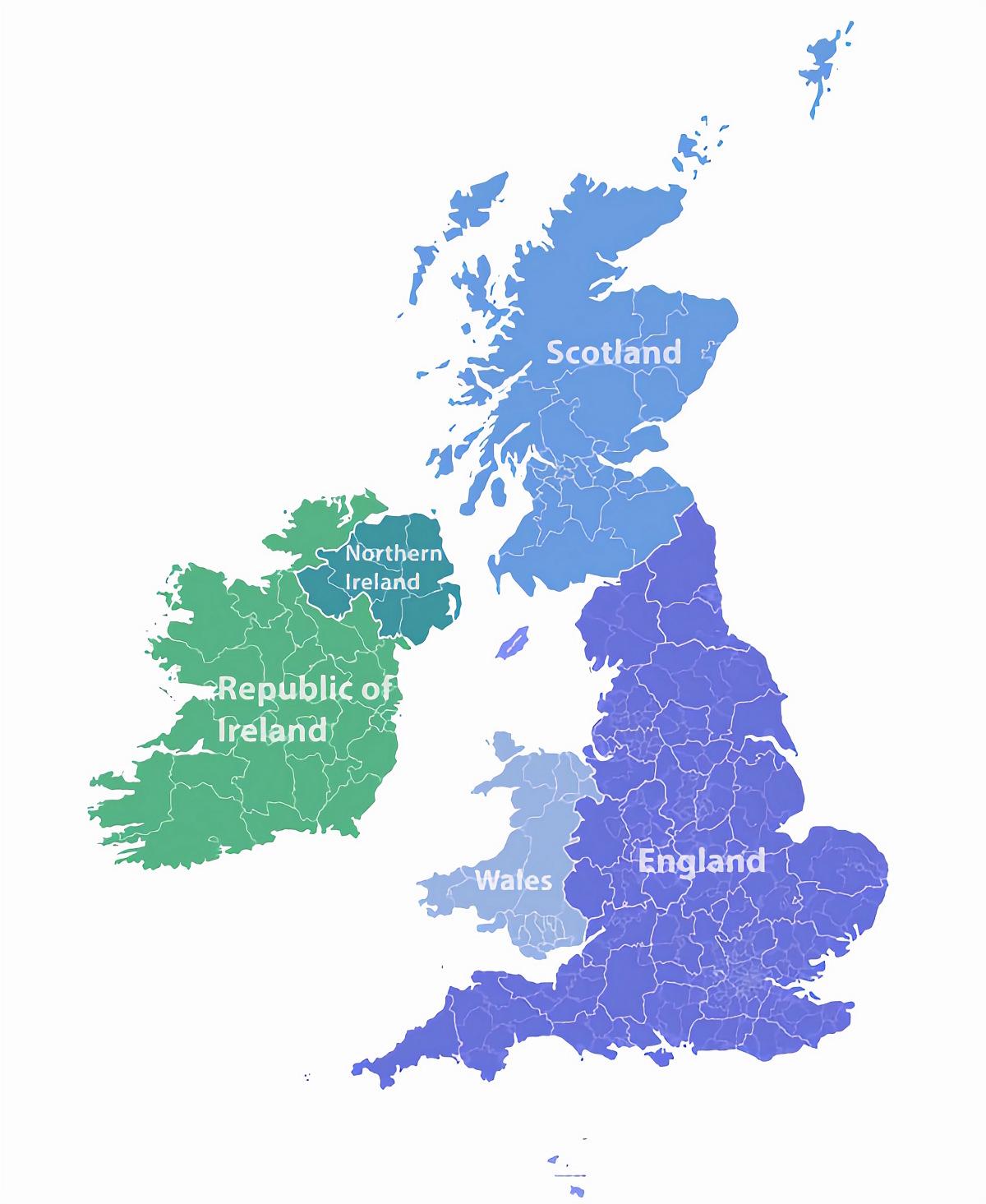
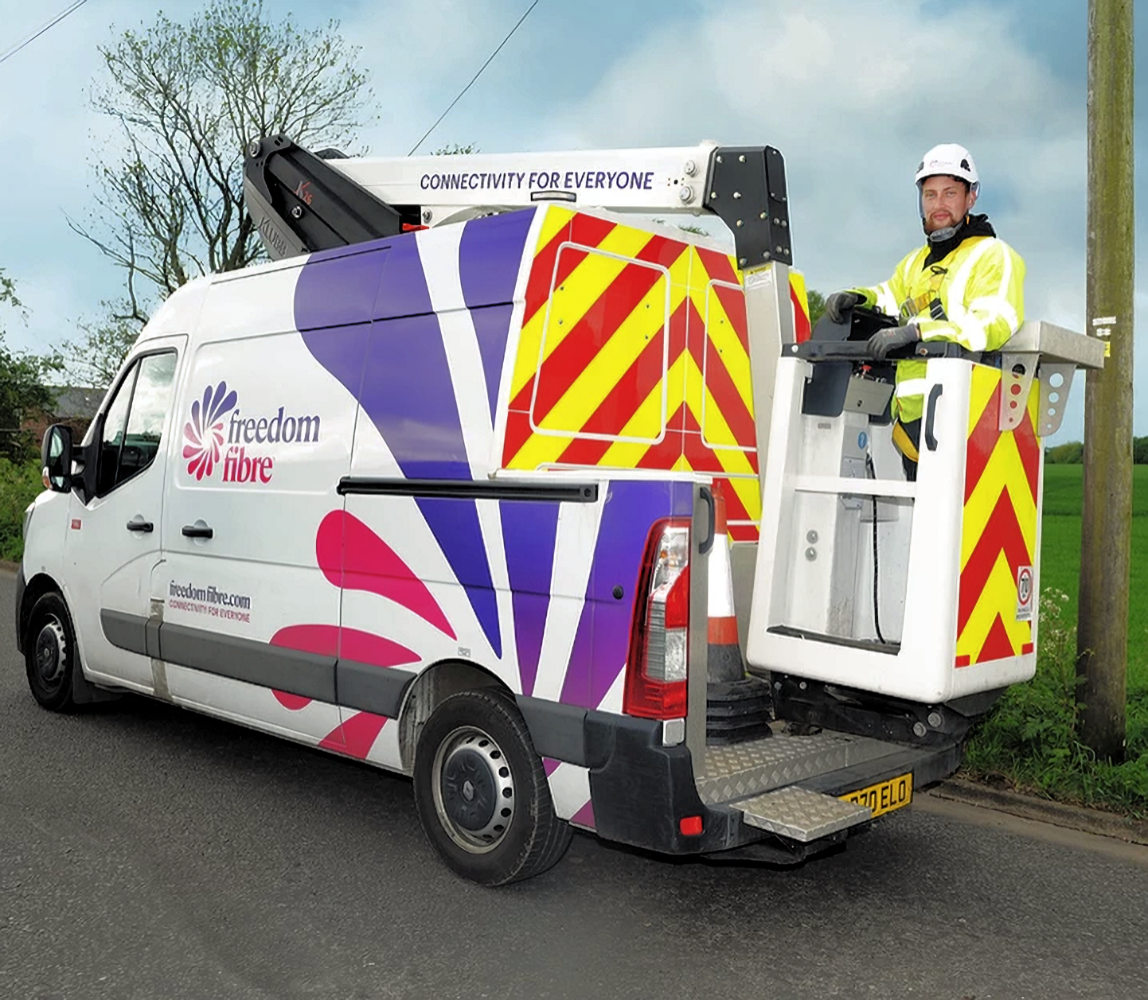

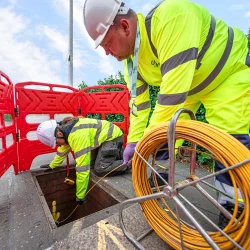












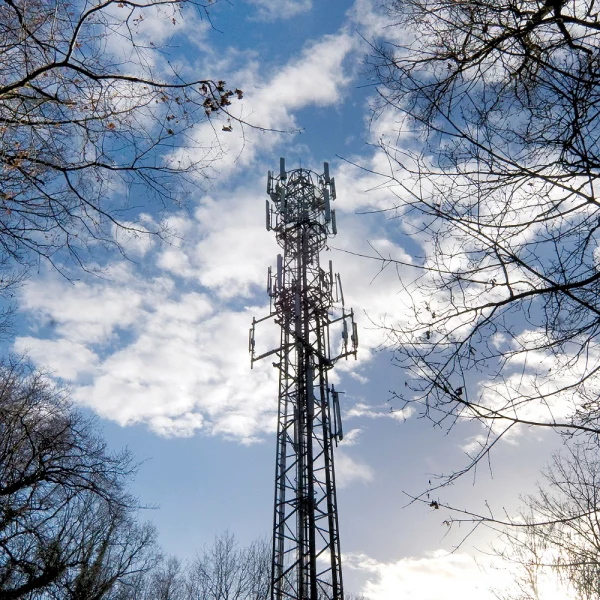
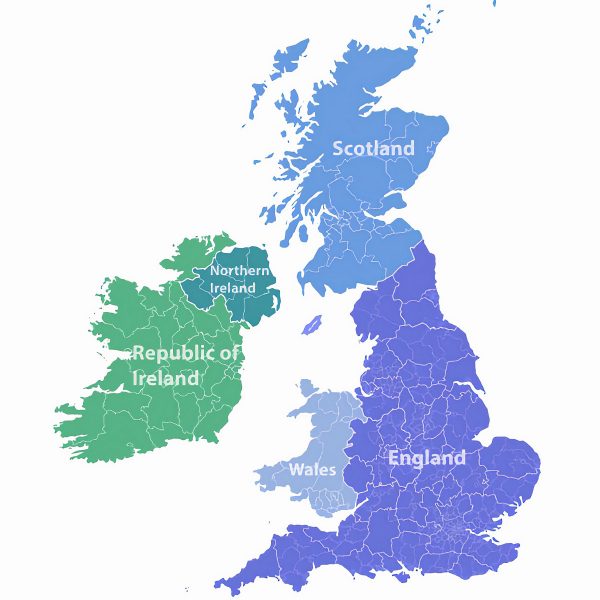
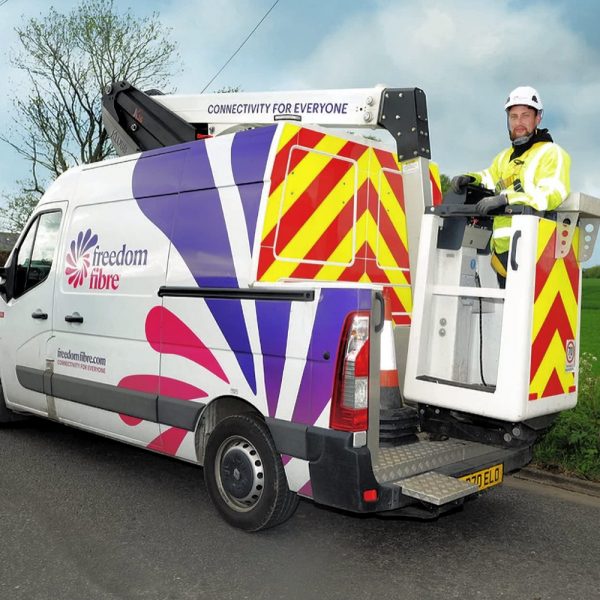




































Comments are closed